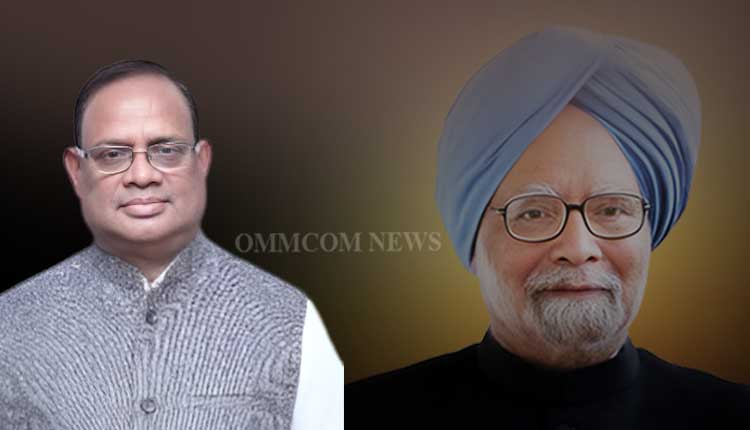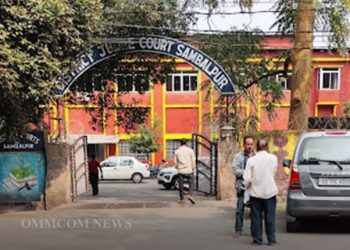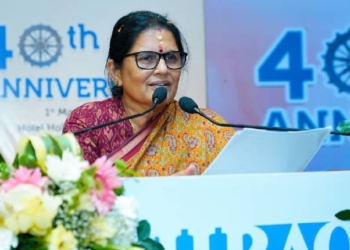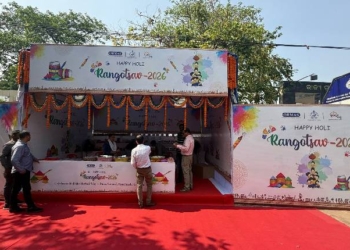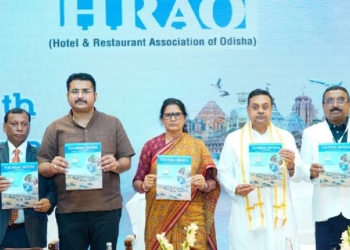Bhubaneswar: The nation mourns the loss of its former Prime Minister, Manmohan Singh, who passed away on Thursday night due to age-related medical conditions. Singh, the architect of India’s economic reforms, left an indelible mark on the country’s progress. His simplicity, humility, and intellect have been praised by leaders across the political spectrum, including Prime Minister Narendra Modi and Home Minister Amit Shah.
However, the people of Odisha have a special reason to mourn Singh’s loss. During his tenure as Prime Minister, Odia was granted classical language status, a move that was widely welcomed by the people of the state.
Yes, you heard it right. Singh played a pivotal role in granting Odia the prestigious classical language status. This move was a significant milestone for the people of Odisha, and it’s a testament to Singh’s commitment to promoting Odisha’s rich cultural heritage.
The classical language status was a long-standing demand of the Odia people, and Singh’s government finally granted it in 2014. This recognition not only boosted the morale of the Odia-speaking community but also paved the way for the language’s further development and promotion.
Former Rajya Sabha Member Ramachandra Khuntia, who played a major role in pursuing the issue in the Parliament, had a firsthand experience of Singh’s dedication to promoting Odia language.
In a candid discussion with Ommcom News, Khuntia fondly remembered Singh’s significant contributions to Odisha, particularly the precious gift of granting classical language status to Odia. This move was a long-standing demand of the Odia people, and his government finally granted it in 2014.
Recalling his time with former Prime Minister Manmohan Singh, Khuntia reflected on the significant contributions Singh made to the country. Khuntia had the opportunity to work with Singh for 12 years when Singh was a Rajya Sabha member. He expressed gratitude towards Singh for allowing him to raise Odisha-related issues in parliament.
He said, “Singh was a simple yet intelligent economist who played a crucial role in shaping India’s economic framework during a time of financial crisis. Singh’s economic reforms between 1995 and 2000 were particularly commendable. As Prime Minister in 2005, Singh implemented landmark policies, including the National Rural Employment Guarantee Act (NREGA), the Right to Information (RTI) Act, Right to Education Act, Right to Food Security Act, and protection of women workers at workplaceand Welfare Board for construction workers and unorganised workers. Singh also had a significant impact on Odisha’s development, particularly in the expansion of the Rourkela Steel Plant, NTPC Kaniha and Nalco.”
A remarkable aspect of Singh’s legacy is his role in granting classical language status to Odia. As shared by Khuntia, Singh’s response to his request was prompt and reassuring. “When I raised the issue during my retirement speech, Singh told me saying ‘Khuntia Ji, Wait for one or two days. It will be done.’ True to his word, Cabinet approval was granted just two days after my retirement speech”, stated Khuntia.
“Also, his tenure as Prime Minister was marked by significant initiatives meant for Odisha. One notable emphasis was on constructing medical colleges in every district, with construction work commencing in Balangir and Mayurbhanj districts during his term. Besides, the Singh-led government had provided substantial funds to mitigate the impact of natural calamities, including cyclones. His efforts helped alleviate the suffering of those affected by these disasters,” maintained Khuntia.




